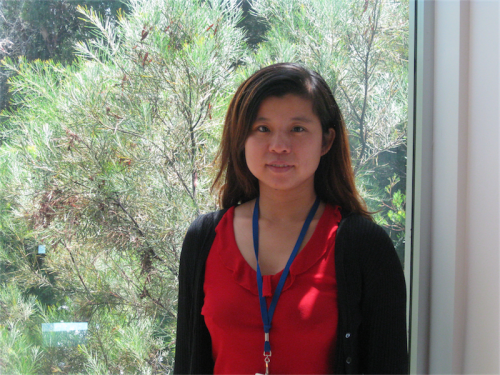
Lead researcher Dr Cathy Gong says the health of older workers is a crucial challenge for those who leave the paid workforce. The research shows people with a sense of control over their environment and life changes have better wellbeing.
“Age-friendly workplaces, work flexibility, retraining and promotion of healthy lifestyles are vital to address the major causes of not working, enable people to have longer careers and enhance wellbeing in later life,” says Dr Gong.
The study used data from a national survey conducted over 10 years among about 1700 people aged 45–64 to assess yearly changes in health, wellbeing and welfare dependency in relation to workforce transitions from paid work to unpaid work or early retirement, in comparison to others who stayed in paid work.
“People who left paid work involuntarily experienced significant decreases in their satisfaction with their finances, health and life, just in general,” Dr Gong says.
“They were also more likely to be psychologically distressed and welfare dependent.”
Dr Gong says people who were forced to retire early due to job loss or their own health reported significant declines in their income and wellbeing in retirement.
Co-researcher Prof Hal Kendig from CRAHW says the findings indicate that employment policies and practices need to change to improve mature aged workers’ control of their health and work environment.
“Voluntary retirement with control over the timing and manner of retirement has a positive impact on a retiree’s psychological and social wellbeing,” Prof Kendig says.
“Enabling mature aged workers to have longer careers offers benefits for both individual wellbeing and government budgets.”
As part of the study, the researchers analysed nationally representative data from the Household Incomes and Labour Dynamics in Australia (HILDA) survey 2002–2011.
The research, supported by the ARC Centre of Excellence in Population Ageing (CEPAR), is published in the “Australasian Journal on Ageing”: onlinelibrary.
Who can be trusted?
In a world of spin and confusion, there’s never been a more important time to support independent journalism in Canberra.
If you trust our work online and want to enforce the power of independent voices, I invite you to make a small contribution.
Every dollar of support is invested back into our journalism to help keep citynews.com.au strong and free.
Thank you,
Ian Meikle, editor




Leave a Reply